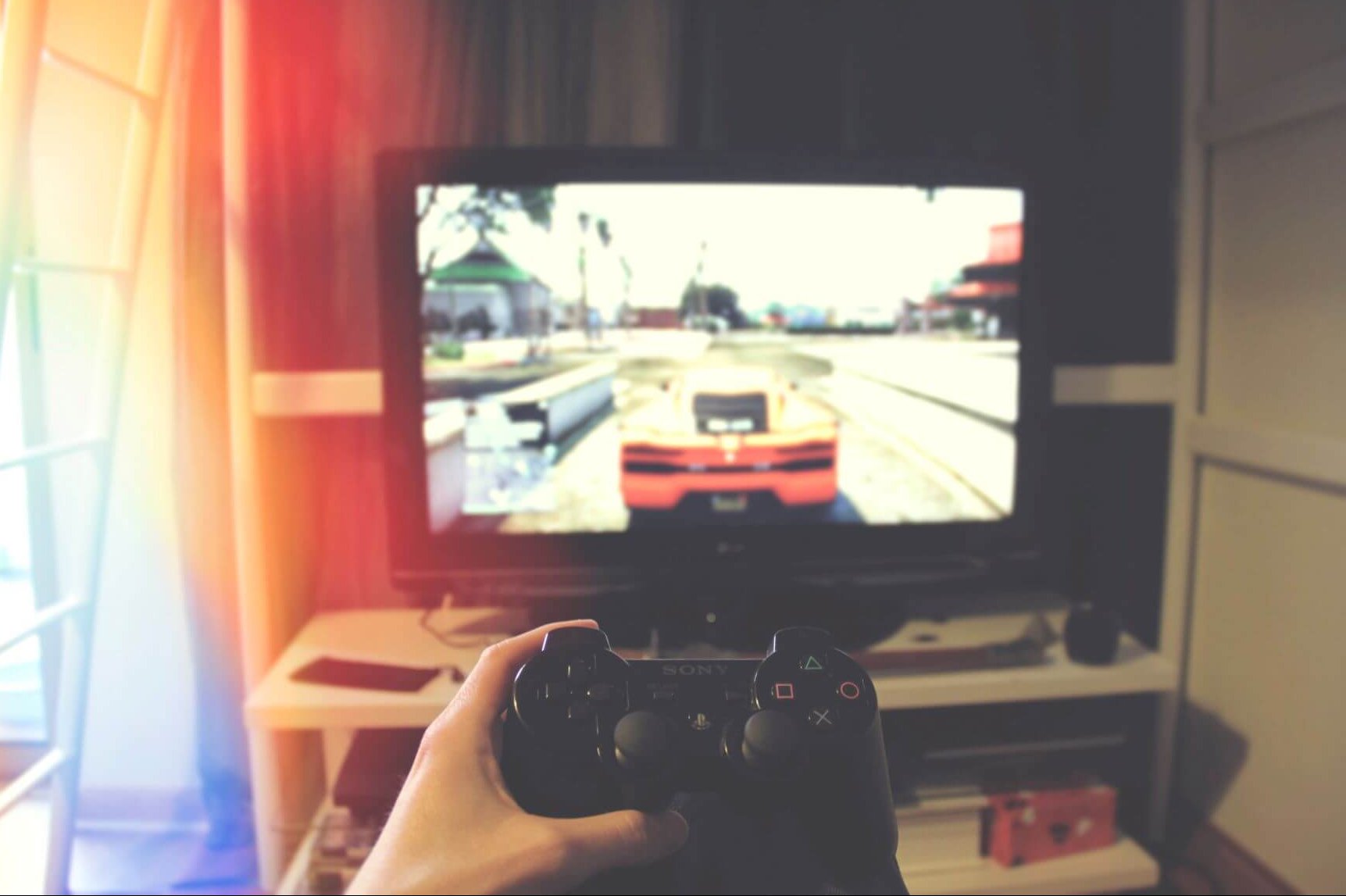

Blockchain gaming is going to remodel the whole gaming community, whether through the creation of a whole new category of dApps or enabling secondary markets for in-game digital assets.
Over the last decade, we have seen the gaming industry rapidly grow to make way for immersive technologies including AI, VR, and AR. And the latest technology to be integrated into gaming is blockchain. Blockchain is a useful tool for many gamers and is set to disrupt the gaming world as a whole.
There are incredible opportunities and big rewards on offer, but there’s no shortage of issues to navigate, pitfalls to avoid, and trends to stay abreast of in these very early days.
Blockchain has the power to prevent illegal trading of virtual assets on the black market. The technology also stops the hacking and stealing of keys by creating an immutable ledger, which stops duplication from being possible.
In the past, trading and ownership of virtual goods were never possible. Players would work hard or pay for expensive items then often have them copied by fraudsters or resold. This then makes the item not as valuable and not as unique.
Smart contracts allow gamers to be confident they are receiving authentic items that haven’t been copied. This in-game trading industry is estimated to be worth around $50 billion, with increases in size expected over the next few years.
Not only is this in-game trading industry extremely profitable for legacy video games such as Call of Duty, but it is also lucrative for blockchain-based games like Cryptokitties.
Gaming companies often store in-game assets on centralised servers due to the risk of the assets being duplicated. This means gamers don’t actually own their purchased assets, which in turn stops them from trading, buying, or selling these assets outside of the game.
One of blockchain’s main goals in gaming has been to facilitate this exchange of virtual assets. This is done by making the assets decentralised. Decentralisation of assets allows users the freedom to interact in a P2P manner. This offers relief from using the current centralised models.
Eventually, gamers will be able to use and exchange their virtual assets across different games, providing players with a better, more personalised gaming experience.
The gaming industry is huge, but with this comes expensive fees, with in-game transactions often taking time to process. However, blockchain allows users to make faster payments, no matter how small they are. These transactions can be done without the need to involve credit or debit companies. As blockchain is decentralised, it means all fees will be insignificant.
Another main issue for gaming developers is the difficulty involved in selling their software outside of app stores. Blockchain allows these developers to process nano-payments, which enables them to get paid instantly. This, in turn, will allow them to reinvest their money into game launch marketing.
Cryptocurrency allows in-app purchases to become effortless. This is because micropayments can transfer directly from gamers to the developer. Blockchain enables this to happen as it cuts out the middleman and creates security and dependability. All of this facilitates a trustless exchange.
Whilst blockchain is proving to have many benefits in the gaming industry, there are also various obstacles which may stop the full adoption of blockchain in gaming.
One of the main obstacles towards adoption is scalability and the limitations of the games that can be created on the blockchain network.
DappRadar is a tool for assessing the activity of decentralised apps built on top of Ethereum. It shows us there is currently a lack of users for blockchain games and asset exchanges. This trend represents a lack of sustainability for all blockchain-based games.
The issue with blockchain in gaming currently is slow network speeds and a lack of activity from developers. This leads to many games becoming iterations of popular mobile games. However, this problem will not last forever. There are projects such as Decentraland, a virtual reality platform powered by the Ethereum blockchain, which is focusing on creating games that will shift towards more resourceful goals.
All of these obstacles do not deflect from the promising intersections of blockchain technology and cryptocurrencies with the gaming industry. All scalability issues will need to be overcome before blockchain in the games industry can reach full potential. Once these hurdles have been overcome, blockchain will be sure to heavily impact the gaming world.
For guides on cryptocurrencies, exchanges, and blockchain technology, click here. Make sure you take a look at all the latest crypto and blockchain news.
Denver, Colorado, 24th February 2025, Chainwire
Denver, Colorado, 20th February 2025, Chainwire
Washington, D.C., 18th February 2025, Chainwire
Dubai, UAE, 27th January 2025, Chainwire
Those who enter the market at this time may be surprised to hear that Bitcoin…
George Town, Grand Cayman, 22nd November 2024, Chainwire